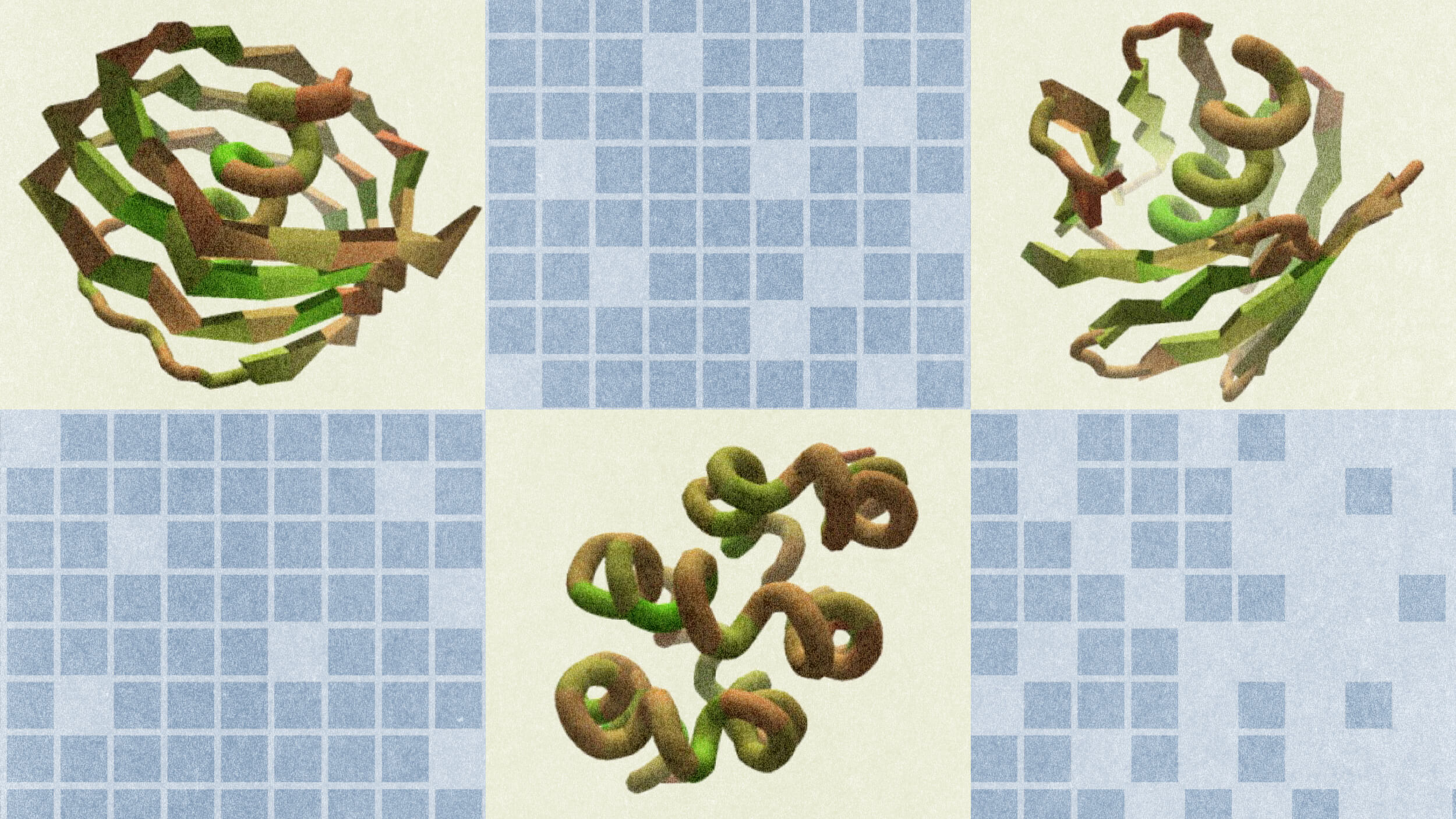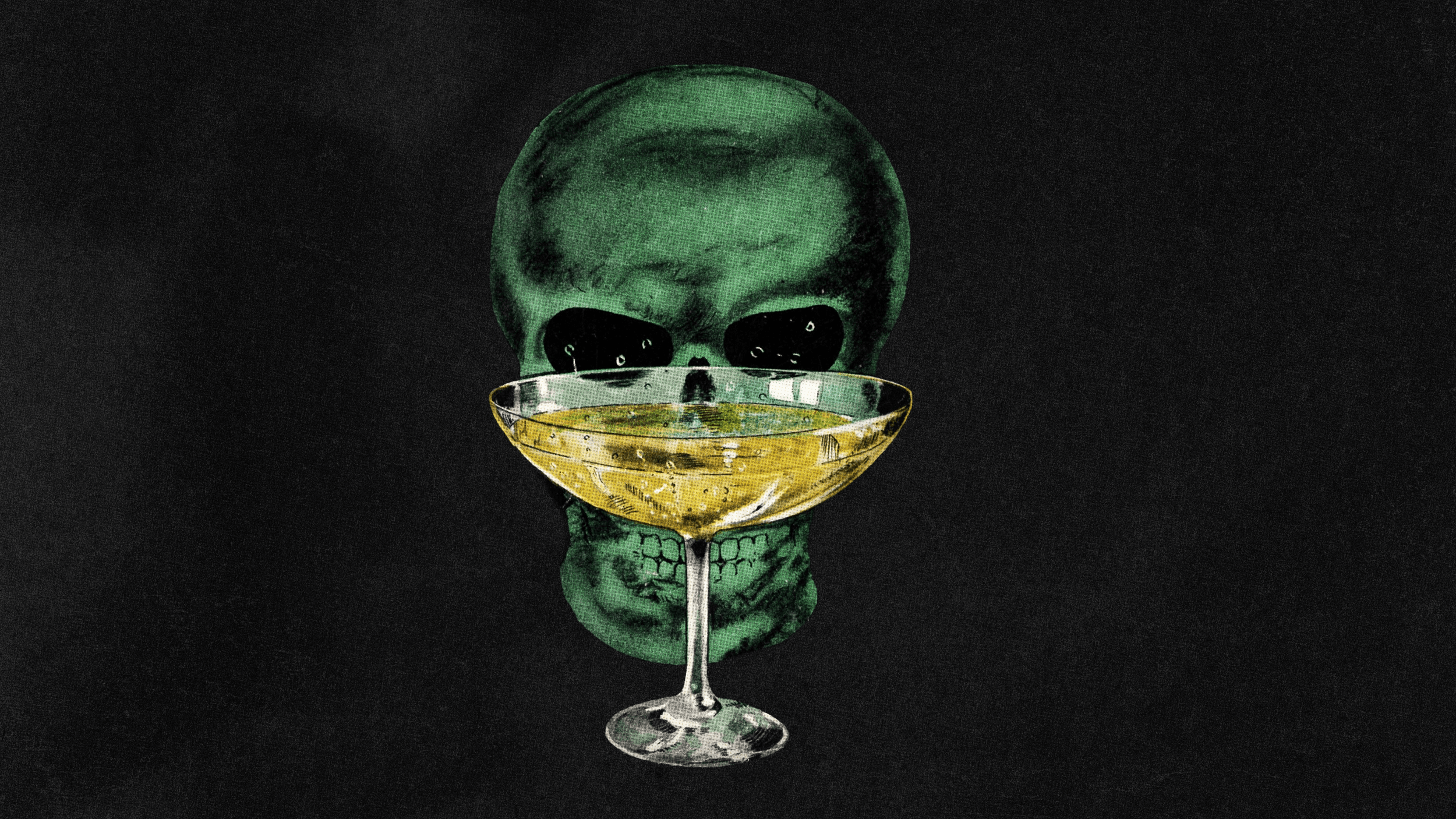Symptoms, treatments, and the truth about estrogen.
Clifford Hudis:
Well, there are many, many things to know about breast cancer. I think the most important thing that women who are not medical professionals should know is that this is a really curable disease and the vast majority of women who are diagnosed with breast cancer never hear again from that breast cancer and will not die from it. This is a very basic message but it’s so counterintuitive for most of us who hear cancer and think bad outcomes are inevitable and that’s just not the case. The treatment may not be always pleasant although it’s a whole lot less irksome if you will than it was years ago, but the key thing is it’s important to find breast cancer early so that we can treat it and prevent the even worse long-term effects of failing to find it. What I’m trying to say maybe inelegantly there is it’s worth finding breast cancer early because it’s usually curable when found that way.
Question: What are the best new treatments?
Clifford Hudis: Well, I’m excited about a lot of things and again it requires a dissection of the subtypes of breast cancer. For the estrogen receptor-positive breast cancers the increasing numbers of safe and effective hormone therapies is itself exciting and are- enhanced understanding of where we could add some of these exciting new targeted therapies I think is really, really a big deal. We have clinical trials for example testing antiangiogenic drugs with hormone therapies. The drugs that I’m talking about are those drugs that switch off blood vessel formation. One of them is broadly available already. It has a very funny name, bevacizumab. You may know it by its brand name, Avastin. Similarly, in terms of HER2 we have a wealth of new drugs that are very effective against HER2-positive breast cancer even after our main treatment, trastuzumab, Herceptin, has stopped working. In fact, many of us are really excited about that subset of breast cancer, wondering if we won’t have a major breakthrough there in the next few years because we have so much activity with drugs that are complementary in that space if you will. And even for conventional chemotherapy we have amazing add-ons with new targeted therapies, again those that specifically turn off blood vessel formation but also those that inhibit newly understood pathways within cells that drive their growth. It’s never been more exciting.
Question: What is the easiest way to become informed about breast cancer?
Clifford Hudis: Oh, there are so many ways. As you know, there is a tremendous lay literature about breast cancer. There are months of the year like October dedicated to breast cancer awareness. I think that there are so many ways that each person has to examine their learning style and also how important it is to them. If you come from a family where there’s been a lot of breast cancer, I think it begs that you talk to your physician about your risk and start to figure out in a very detailed way what you need to know about both assessing risk and maybe preventing breast cancer. If you come from the more average family where breast cancer is a little bit less of a frequent problem, this is part of a bigger issue about general health maintenance. What are the cancer risks that I face as a middle-aged adult? What are the steps I should be taking? And they’re multiple in the case of breast cancer routine mammography, in the case of colon cancer routine colonoscopy, and so forth. I think that this requires people to be multifaceted learners. You pick a little bit up from the media. You run with that maybe to the web. You look at reliable sources in terms of that in the internet and you bring good questions to your physician and other health care providers to talk about risk and risk management.
Question: What mistakes do doctors make?
Clifford Hudis: Well, that’s a really interesting question because I think that certainly one of the mistakes that people are very concerned about is failure to detect breast cancer and that’s a problem that happens more at the fringes if you will than at the core. What I mean is breast cancer has a peak incidence of about 63 years of age. That’s the year of life where the most breast cancer is diagnosed. Young
women in particular, those below age 40, will sometimes bring suspicious findings to the attention of their doctor and it’s an unfortunately common story that those lumps, those abnormalities, those painful breasts, will be to some degree dismissed by clinicians who aren’t considering breast cancer because of the woman’s youth. That is certainly on the top ten list if you will of mistakes that clinicians can make. Another one which is related to that is that in the case of something that you can feel, which doctors call a palpable lump, we can feel it, imaging studies like mammography and so forth are useful but not the way many doctors think. They’re not useful usually for excluding a diagnosis of cancer. They’re really used to see if there are additional abnormalities. An abnormality like that brought to a doctor’s attention requires professional inspection if you will and often requires a biopsy regardless of what the imaging studies show. Those are two foibles that are somewhat common in terms of non breast cancer expert practices.
Question: Can alternative treatments be helpful in treating breast cancer?
Clifford Hudis: This is a very, very sticky issue and to answer that I actually have to back up a little bit and say alternative means what? The scientific method is what I am a fan of. We do experiments, those experiments are reproducible, and only when they’ve been reproduced and they’ve been consistently demonstrated do we say something works. This is itself a source of frustration but it is very possible for individual clinical trials even to be wrong and it’s very likely for anecdotes to be wrong. I gave drug X to a patient. That patient did well. Therefore, that’s going to be my standard going forward. That is the antithesis of modern scientific method. The reason I’m reminding you of that is that alternative medicine is rarely subjected to rigorous testing like that. It’s often born of seemingly plausible theories that in fact aren’t even accurate and the testing of alternative therapies most of the time fails to demonstrate that they’re truly useful. The problem is people then spend a lot of time and resources pursuing them. There are cases where those alternatives may be given instead of proven therapy to the detriment of a patient and there are times when those alternative therapies may be outright harmful. We have several recent randomized clinical trials where for example high-dose vitamin supplementation turns out to make the outcomes worse for a patient, and that’s just one example. So another way to think about is alternative medicine is by and large alternatives to scientific method and there’s nothing about it that says they have to be that way. We can do a randomized trial of herbs versus placebo. We can do a randomized trial of vitamins versus standard therapy and so on. And once we test them that way they cease to be alternatives in any fashion. They are simply therapies tested and so what I’m giving you is a long-winded plea for respect for scientific method and a caution with regard to anecdotal claims.
Question: Does breast cancer affect men?
Clifford Hudis: Yeah. It’s actually even a little bit lower than 5%. The first-off issue is we don’t have narrowly focused clinical trials for them. We have to extrapolate their care from the standard care of women. The second thing is biologically the disease they get is most similar to postmenopausal breast cancer, which is good for them because that’s the most common presentation of breast cancer, and their treatment is therefore virtually identical to that of women. It would be facile to say or glib to say that for men the loss of a breast is less of an issue surgically than it is for women. That’s not even always true. Some men have reconstruction for example with implants to maintain their normal body contour. I think that in many ways their issues are quite similar. In society that to some degree glorifies the feminine shape and the breast shape in particular, women carry perhaps in some cases an extra burden which is really related to the gaze of men, but for men that may be an issue even though you wouldn’t assume so. The short answer is that their management and their treatment is really quite similar to that of women.
Question: What is the origin of breast cancer?
Clifford Hudis: Well, by origin if you mean why we get it, that’s one question. If by origin you mean the cell that becomes malignant, I guess that’s a separate question and those are both very exciting topics for today. The why you get breast cancer question relates to the prevention discussion we’ve had previously and that is what causes a normal cell to become a malignant cell. The number one risk factor across our society is simply aging. A factor that probably matters is diet because people who have high calorie consumption and drift towards obesity have a higher risk of breast cancer. A risk factor that’s clear but rare thankfully is the inheritance of a mutated gene called BRCA1 or BRCA2. If you pick that gene up-- And remember you get half of your chromosomes, half of your genes, from each of your two parents and you can get this gene from either parent. It’s not gender specific. But if you inherit that gene you have a very, very high risk of developing breast cancer. Now in terms of the cell that becomes malignant, we think of it as what’s called a stem cell, a cell that lives in the base of the tubes, the ducts, that carry milk and this stem cell is identified scientifically by one of its main principles, which is its ability to regenerate. A stem cell continues to duplicate itself and then its progeny can actually become something. In the case of your fingers, they could become your bones; they could become your skin; they could become your fingernails. A stem cell for breast cancer is the target of an exciting area of scientific inquiry right now.
Question: What are the biggest misconceptions about breast cancer?
Clifford Hudis: Well, that’s-- The biggest one that bothers me from a clinician point of view is the sense that patients get breast cancer as a punishment, and I mean that in the broadest sense. A frequent association with breast cancer in particular but all cancers is that stress somehow caused it or that bad lifestyle choices-- What I mean is not food and drink even but ways of living, that there’s somehow a spiritual component to it, and that is just not true. It is a biological process not as well understood as we would like but this notion that the victim is somehow responsible for getting that disease is tragic to me, and I’ve seen it over my whole career. It’s an attractive theory that makes sense in a certain, as I say, spiritual way to people but there is no karma in all of this. People get breast cancer for biological reasons. They have good luck and they have bad luck. It isn’t about how they mistreated their mother when they were 18.
Question: The truth about estrogen?
Clifford Hudis: Well, estrogen is a really complex molecule that has both good and bad effects like almost everything else that we make. In most of our lives we don’t really have an ability overly much to influence estrogen. The exception to that is perhaps diet and weight; that is that obesity may be linked to higher exposures to estrogen in some tissues and those higher exposures may be linked as we’ve discussed to the risk of breast cancer. I think the place where the question becomes a little more heated is at the time of menopause. There are some menopausal symptoms for which estrogen is really a good cure. Hot flashes that disrupt sleep for example and even function during the day-- There are some treatments for them but nothing’s ever been shown to be more effective than estrogen. I think the problem we have to point out here is that many of the earlier promises of long-term health benefits from estrogen have not been borne out with randomized studies, and the second issue is that there are some down sides like increased risks of breast cancer are associated with estrogens depending upon how they’re used. So women should be asking their doctors about them and I think that women should be reluctant, not embracing this but reluctant to take hormone replacement therapy at the time of menopause and its use should be as limited and as small as possible in our society.





